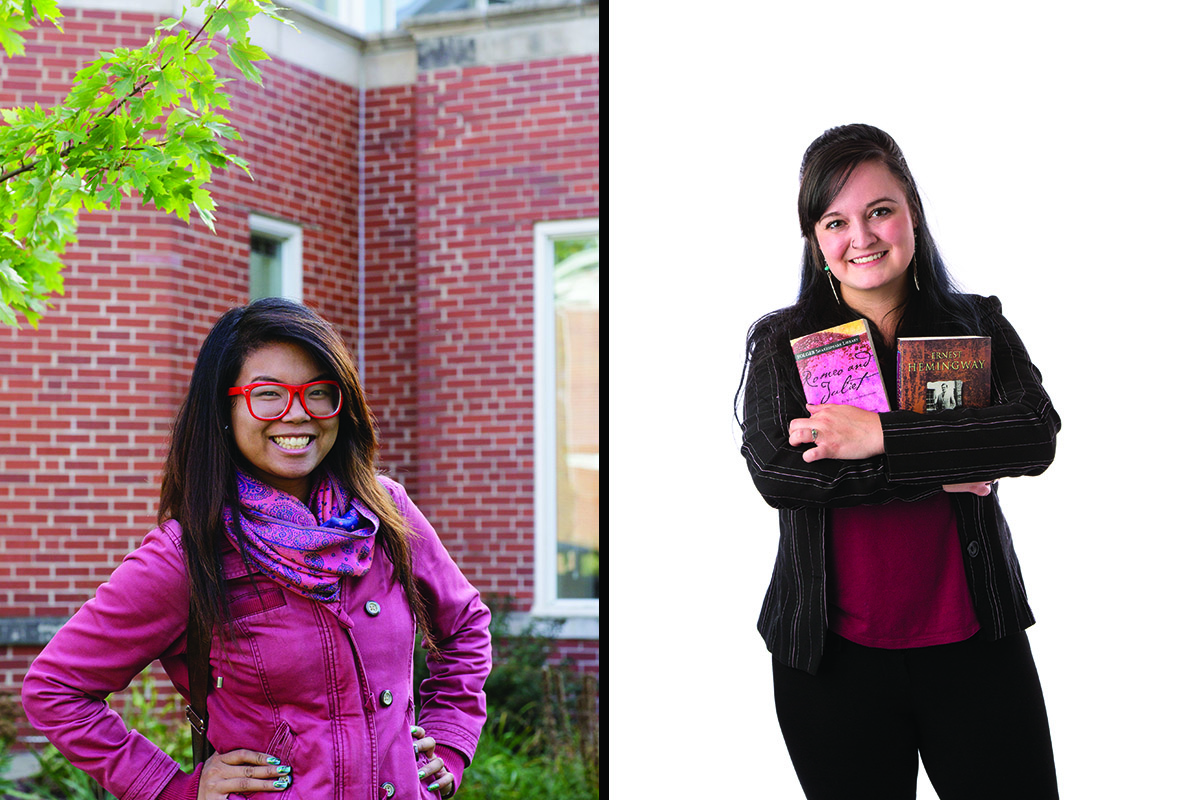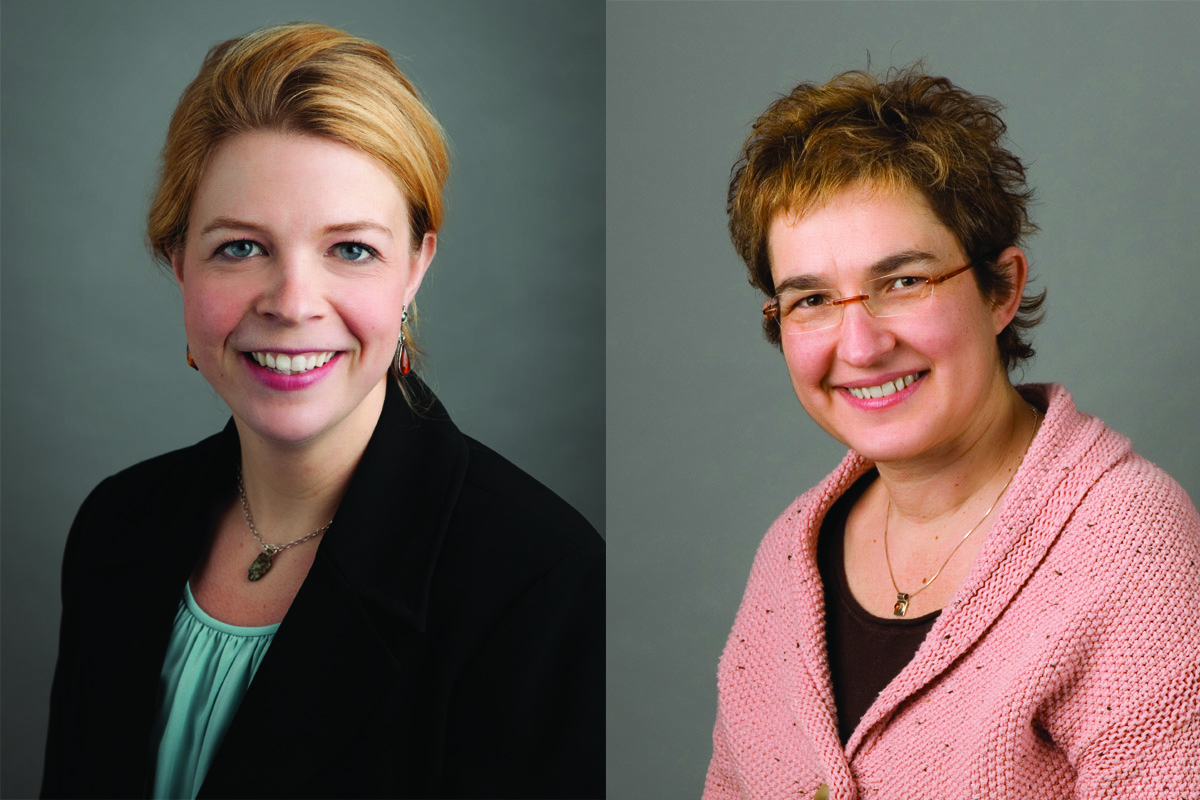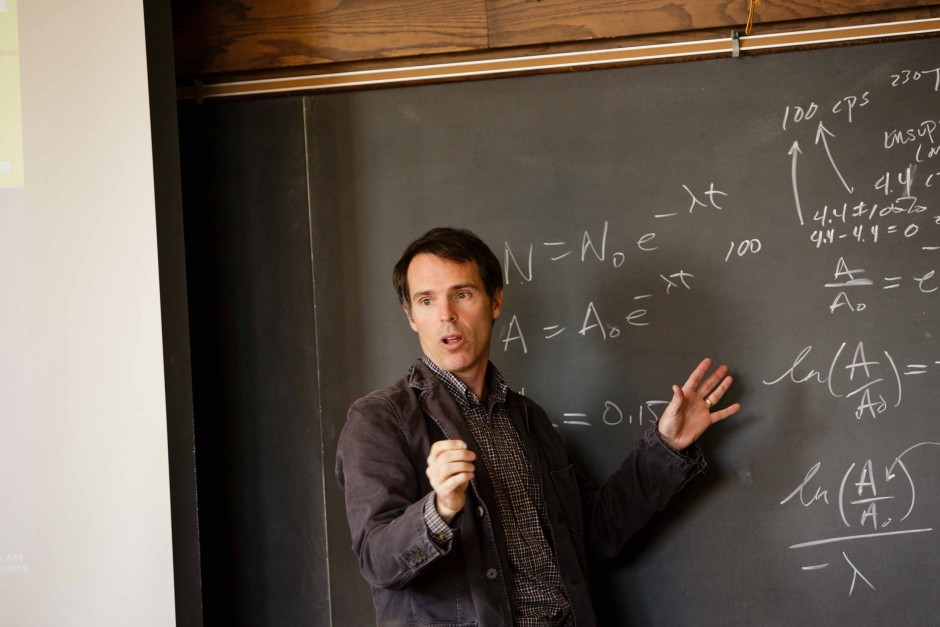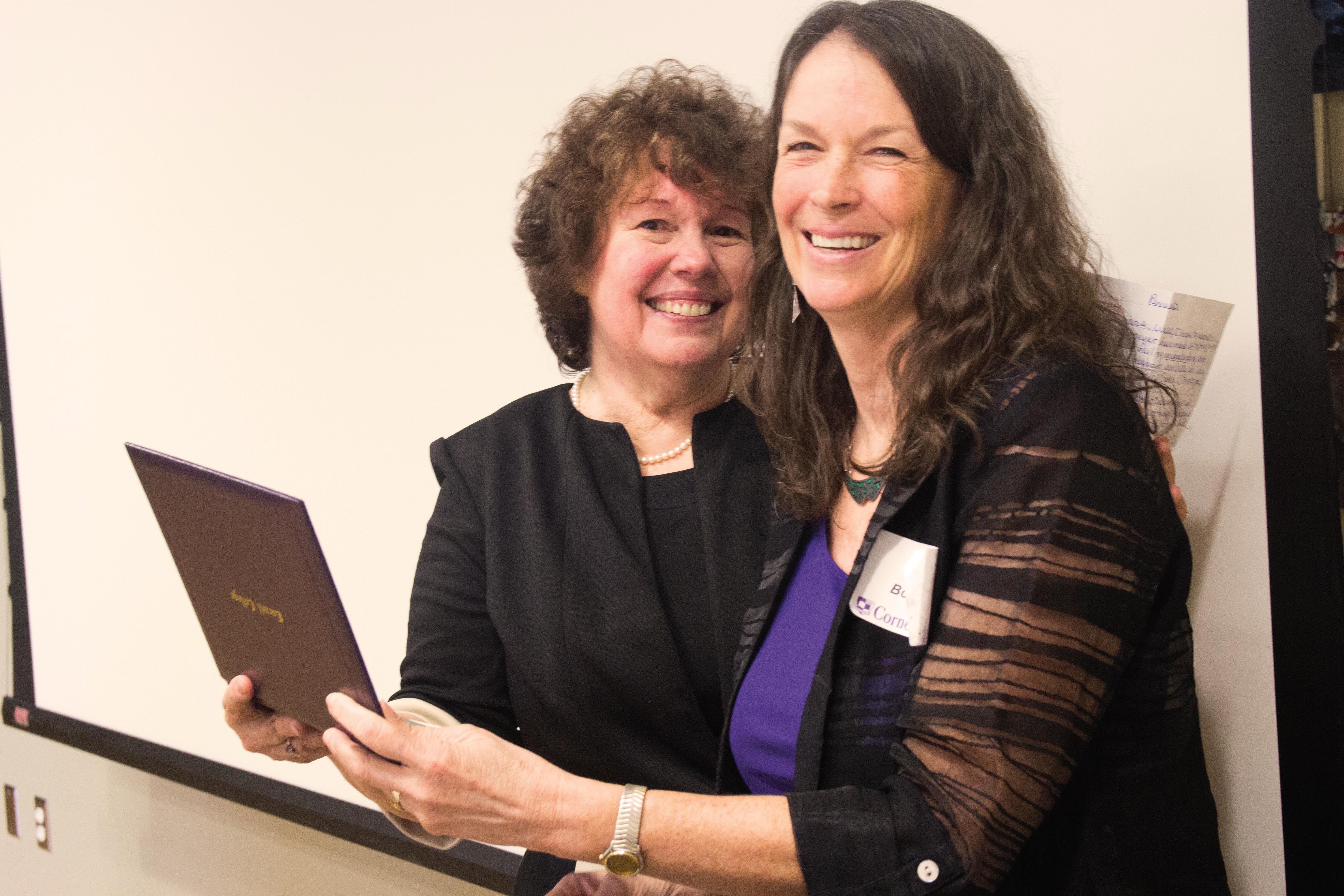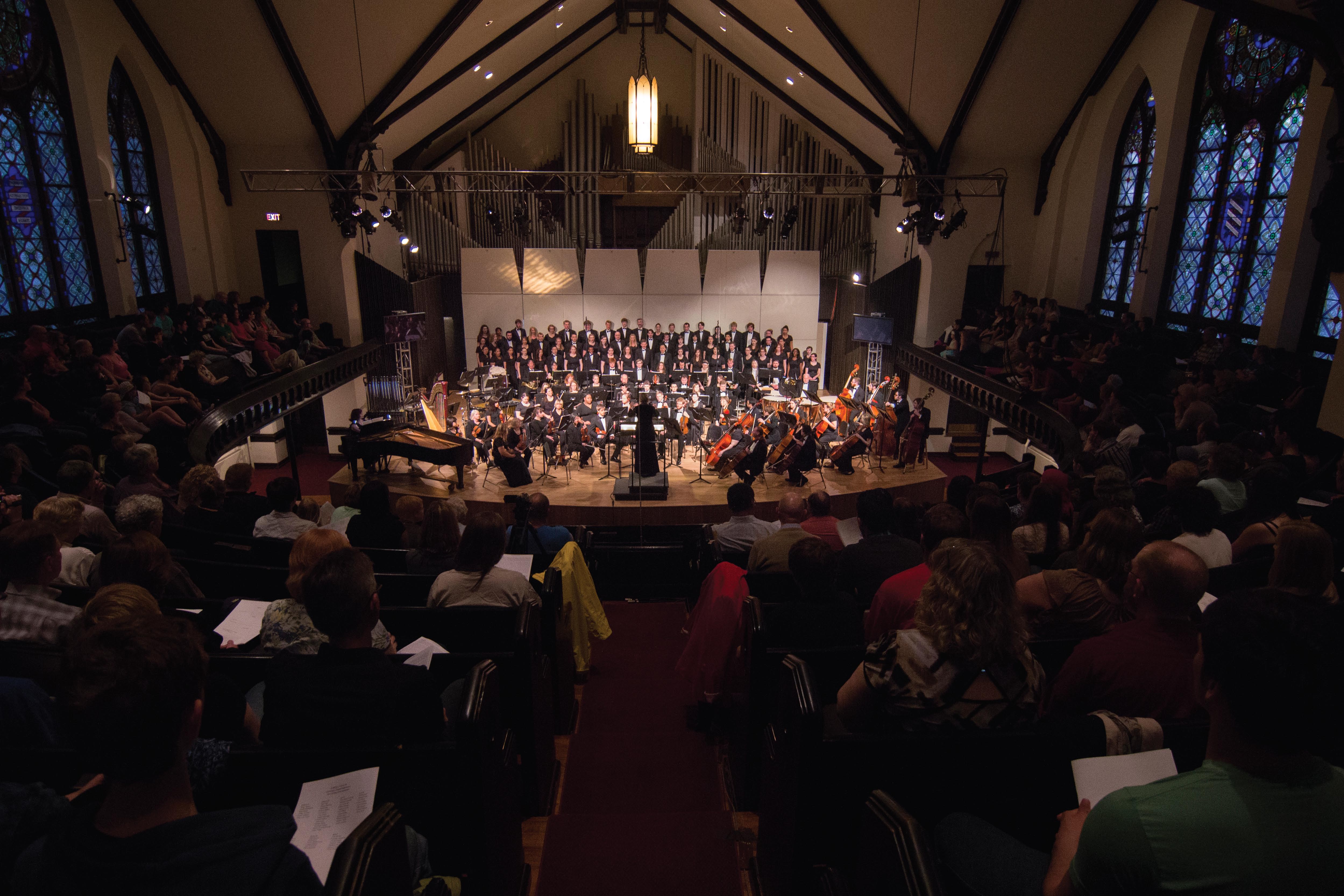In Brief
Can’t stop running
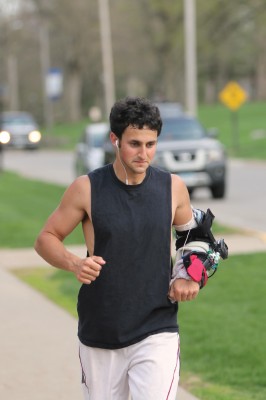
Plenty of people would have trouble running 34 miles once, let alone every day for seven weeks. But Jacob Fields ’14 spent his last block at Cornell College running an average of 33.7 miles a day, raising money for cancer research.
Fields committed to running one mile for each dollar raised for Cornell’s Relay For Life, with the money going to support cancer research. His original goal was to raise $1,000 and therefore run 1,000 miles. By the time all was said and done, though, and thanks in part to being featured on the evening news for his running, he raised more than $2,000. That means he’s not quite done running yet—math wizards will note that 33.7 times 49 days is right around 1,650 miles. But until he’s run the requisite 2,115 miles, he’s not stopping.
Doris Kearns Goodwin next Delt Lecturer
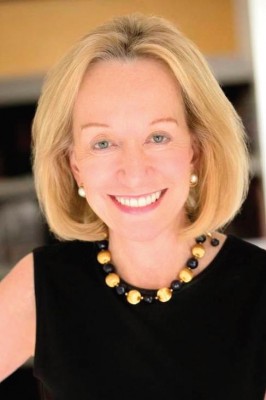
The Delt Lecture has brought some of the best-known names in U.S. public life to campus, and the next in the series will continue that trend, with Pulitzer Prize-winning historian and author Doris Kearns Goodwin sharing her insights into the leadership qualities of exceptional U.S. presidents.
Her Sept. 18 talk, “Leadership Lessons of History: Doris Kearns Goodwin on the American Presidents,” will look at the ways U.S. presidents have faced confounding problems, and offer insight and analysis on leaders such as Abraham Lincoln, Franklin Roosevelt, and Lyndon Johnson.
Goodwin is the author of six New York Times best-selling books on American history, including her most recent two, “The Bully Pulpit: Theodore Roosevelt, William Howard Taft, and the Golden Age of Journalism” and “Team of Rivals: The Political Genius of Abraham Lincoln.” In 1995 she won the Pulitzer Prize for her book “No Ordinary Time: Franklin and Eleanor Roosevelt—The Home Front in World War II.”
This is the sixth lecture funded by Cornell’s Delta Phi Rho Centennial Endowment. Previous speakers were Bob Woodward, Fareed Zakaria, George Stephanopoulos, David Gergen, and Karl Rove and Dee Dee Myers. Delt alumni created the lecture series to contribute to the intellectual capital of the college and the community.
Messy math
Jim Freeman, professor of mathematics, shared some job interview advice at the 2013 Mathematics Association of America MathFest, which was quoted in the MAA Focus news magazine:
Freeman stressed the importance of not letting stage fright or the pressures of the job search diminish the pleasure derived from mathematics. “My rule on job talks,” he said, “is that if there’s not a clothing malfunction, that person is not very passionate about mathematics.”
He’s referring to things like a shirttail that doesn’t stay tucked, or a big smudge of chalk across the presenters.
“If they’re passionate about mathematics, something will not go exactly right. And that’s a good sign, because they care about the mathematics.”
Freeman, who is most definitely serious about math, is oftentimes seen on campus with chalk smudges.
Education department offers 1st online courses
One hundred and sixty years after its founding, Cornell is on the edge of a frontier again—this one digital instead of geographic.
This summer the college will offer its first online-only courses: Foundation of Literacy and Literacy in the Content Areas—Elementary, taught by Professor of education Kerry Bostwick, and History of American Education taught by Assistant Professor of education Kate Kauper.
The courses taught by Bostwick, along with two online courses to be offered during summer 2015, fulfill the elementary reading endorsement.
“Cornell has always been and will always be primarily a residential liberal arts college, but we also recognize the importance of online education,” said Cornell Dean Joe Dieker. “We’ve worked very hard to ensure that these new course offerings will provide the same rigorous education and personalized support as the courses offered on campus.”
More online courses are planned for the future in various disciplines.
It takes more than a tornado
David Yamanishi, politics professor, noted a phenomenon as strange and as strong as the bad weather on April 27—the ingrained nature of One Course At A Time deadlines. On Facebook, he wrote:
“A tornado touched down just east of town half an hour ago. In the next twenty minutes, during the ensuing take-shelter-immediately tornado warning (signaled by on- and off-campus audio warnings, text and email alerts, and all the usual TV, radio, and Internet stuff), three of my students turned in their papers.
“The block plan stops for no mere act of God.”
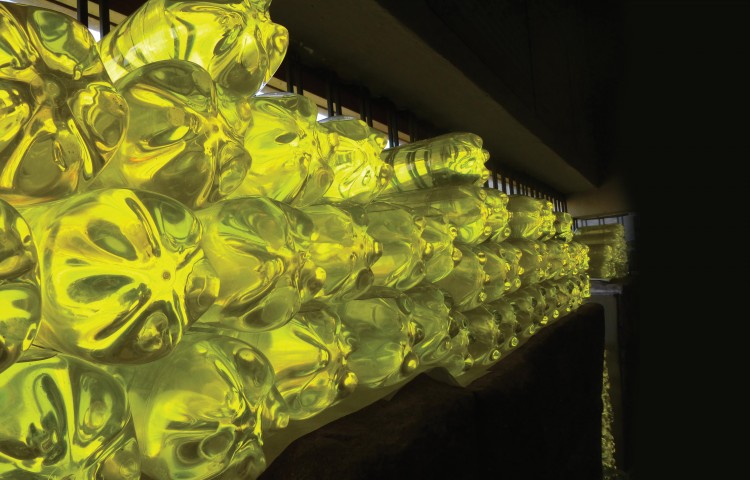
Edward “El Celso” Tahaney paid tribute to an Inca sun temple with gold of a very different kind than what once occupied the temple.
In a series of installations, titled “La Luz” (“The Light”), at Qorikancha and the Museum of Santo Domingo, Tahaney used more than a ton of Peruvian soda—hundreds of bottles in all—and arranged them to catch the sunlight coming into the temple.
“Before the Spanish Conquest of Peru, the temple was filled with gold and other masterpieces of Inca metal work,” he said. “The carbonated soda is a brilliant yellow concoction, and I used these and ambient light to recreate the golden light that once shined in the temple.
“On the last day of the exhibit, the public was invited to take sections of the work home so that (like the real golden treasures of Qorikancha) no traces of it remained.”
Edward Tahaney
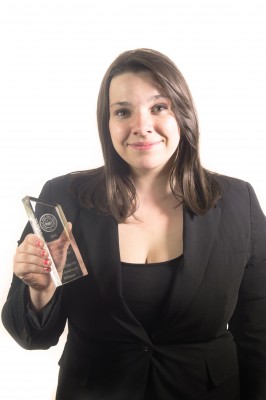
Cornell’s Mock Trial squad put in another great year. For the fifth time in six years, Cornell sent a team to the National Championship, and finished 15th in its division. The team also crowned its first-ever All-American Witness, Sarah Bertschy ’16

Mount Vernon residents used the date 5/23/14 as a reason to celebrate their ZIP code day—it only comes around every 100 years, after all. In addition to a parade featuring the the 5th, 2nd, 3rd, 1st and 4th grade classes, there was music, food, a special cancellation stamp at the Post Office, and this photo taken at exactly 5:23:14 p.m. Jeff Schmatt/Rubicon Photos
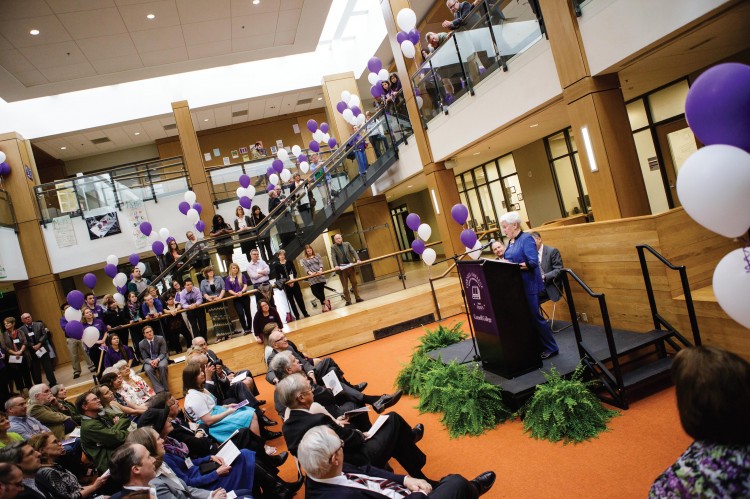
The Thomas Commons project, a total renovation that included 9,000 additional square feet, is finished. At the dedication on May 2, honorary alumna Norma Thomas Small spoke about her father, Cecil Thomas, and his love for Cornell College. The building is named for Cecil and his wife, June.

